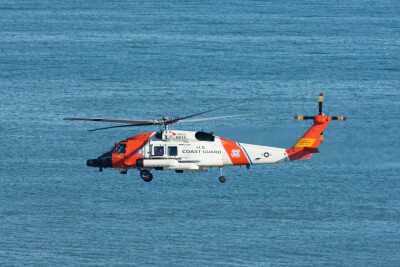Were U.S. Sen. Ted Stevens alive today, he would be shocked to discover Alaska commercial fishermen (see commentary by United Cook Inlet Drift Association President Dave Martin, published by Alaska Dispatch News April 24) want to use the federal legislation he co-authored -- the Magnuson-Stevens Fishery Conservation and Management Act -- to bring federal overreach to Cook Inlet only miles from the state's largest city.
The now 40-year-old act booted foreign fishermen out of the 200-mile fisheries zone of the Alaska coast and led to the restoration of depleted fisheries, as detailed in a commentary published by ADN April 12. But the feds continue to struggle with how to manage bycatch in what are now domestic offshore fisheries.
Alaska salmon managers, on the other hand, have been successfully dealing with bycatch problems since statehood. Sometimes facing threats from commercial fishermen, they cleaned up mixed-stock fisheries that had decimated salmon stocks throughout the northern Panhandle.
In Cook Inlet, they wrote the book on best management for mixed-stock, mixed-species management that weighs commercial and noncommercial fishing interests. The reason the feds elected to delegate to the state all authority for salmon management, not only in Cook Inlet but also on the Alaska Peninsula and Prince William Sound, is not what Martin claims, not as some desire to dodge a role in moderating the inevitable fish wars that surround commercial, subsistence, personal use and sport allocations. The reason the feds took themselves out of the picture is they realize the state is already doing a better job than they could do.






